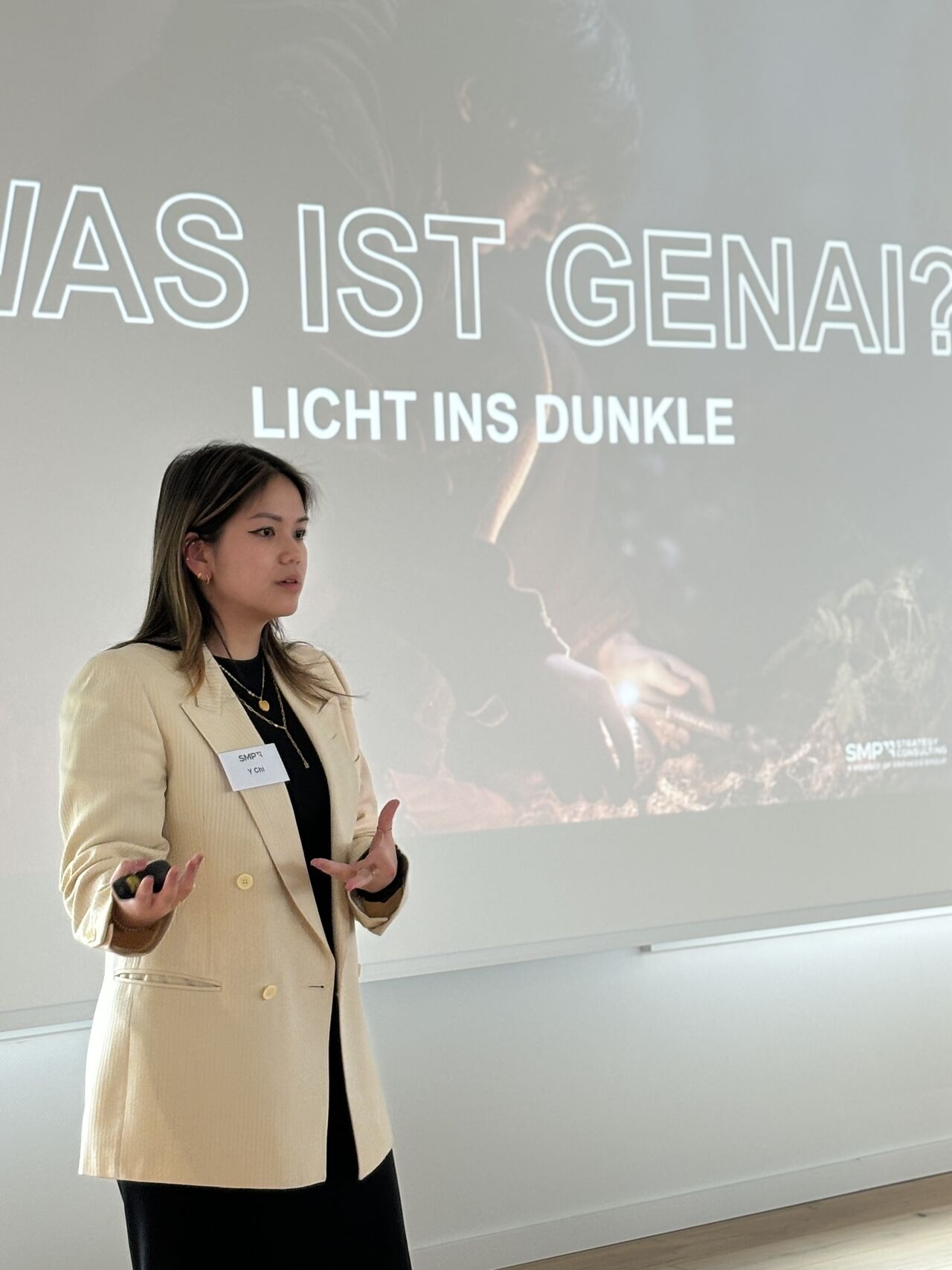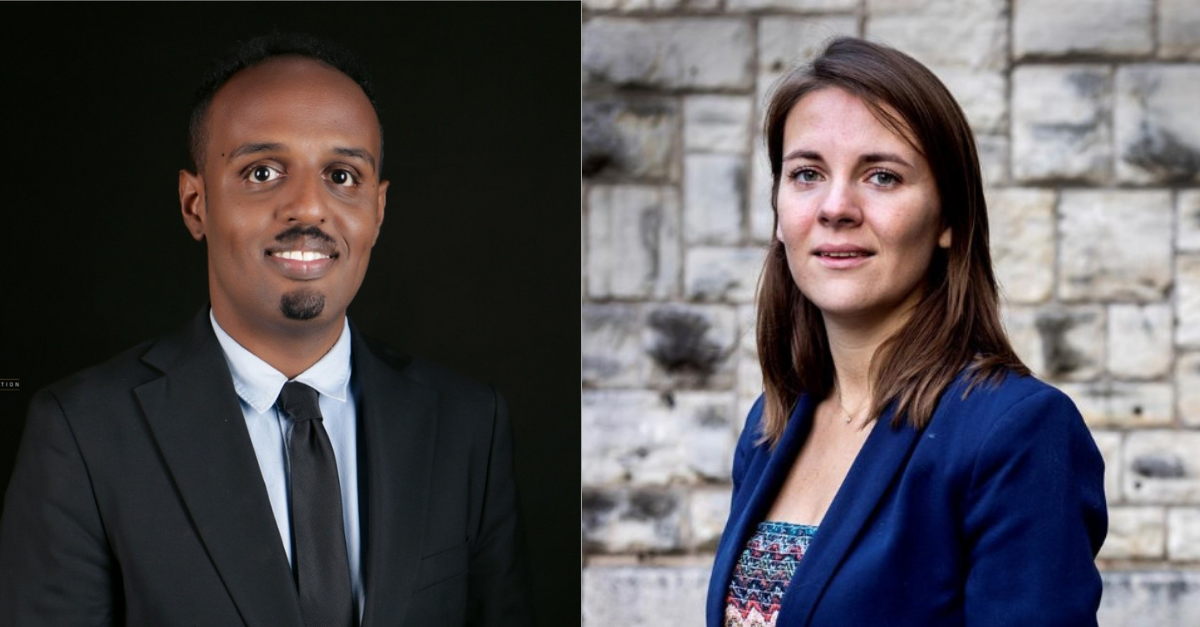Fair & Smart Data Spearhead Joins LANDac Conference: Highlights from the Carbon Colonialism Stream
The Fair & Smart Data (FSD) Spearhead joined the LANDac Conference titled ‘Land governance and the politics of fair transitions: Deepening the search for social justice’, which is dedicated to addressing land governance for equitable and sustainable development. FSD organised a session on "Inclusive Carbon Markets: Co-Creating Solutions for Smallholder Empowerment" under the conference stream of carbon colonialism.
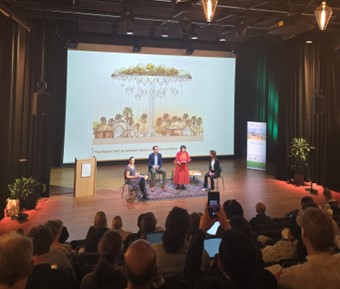
Day 1 – Setting the Scene
The conference started with welcome speeches from the organisers, emphasising the need for a fair, sustainable transition while setting the scene for the upcoming days. The opening presentations and following discussion featured the speakers Prof. Frances Cleaver, Morgan Ody, and Prof. Bram Büscher, who delved into the dynamics of institutional bricolage, ‘more-than-human’ concept, activism, and the challenges of speaking truth to power from a perspective of research in neoliberal contexts.
With seven parallel sessions, FSD joined the ones that seemed the most interesting and interlinked with its interests. The session titled "Winners and Losers in Climate Crisis’ Demands on Lands: Exploring the Impacts to Indigenous Peoples and Local Communities’ Land and Resource Rights and Livelihoods of Climate Action" featured a diverse panel of speakers. The presentations included the implications of institution-based access in Amazonia, the risks to women's land rights in Colombia, Panama, and Costa Rica through carbon projects, and carbon colonialism in Kenya. The complex relationship between climate action and local communities was highlighted, emphasising the need for culturally sensitive approaches and community involvement in carbon markets.
Following this, the "Land Rights for Sustainable Development: The Role of Data" session explored how data can support land rights and climate action. Presenters from the Land Matrix Initiative, Prindex, the Land Portal, and the International Land Coalition discussed, among others, the insecurity of land rights among local communities and the fragmentation of public land data. They emphasised the importance of comprehensive and accessible land data for effective climate action and sustainable development, proposing tools like risk assessment mapping and the land governance index.
Day 2 – FSD Session and Some Food for Thought
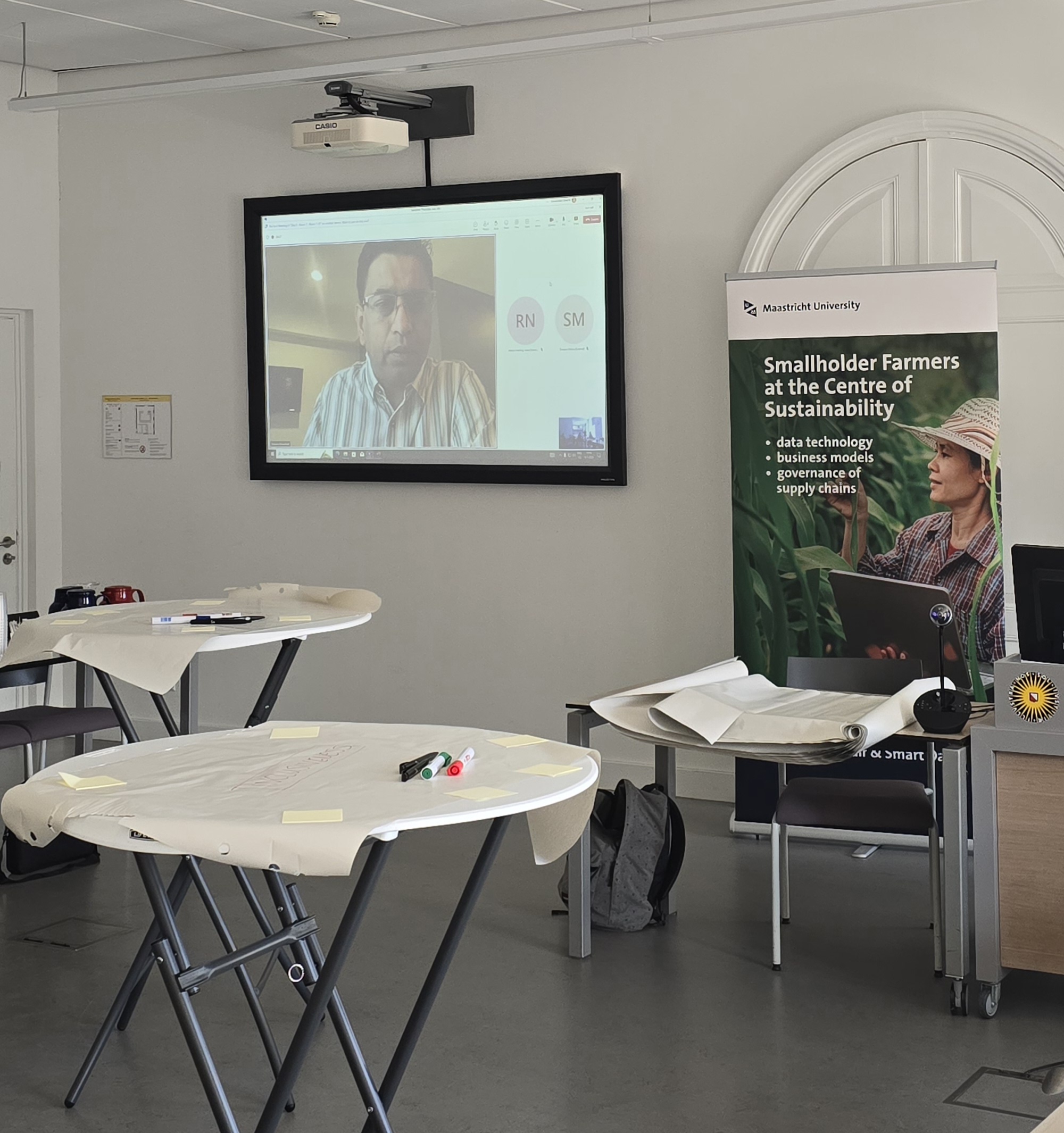
FSD Session: Inclusive Carbon Markets
On the second day of the conference, FSD hosted a joint session with Solidaridad and Rabobank led by Sidi Amar on "Inclusive Carbon Markets: Co-Creating Solutions for Smallholder Empowerment". Keynote speaker Swapan Mehra, founder of IORA Ecological Solutions, discussed leveraging the carbon market for co-benefits for smallholder farmers, drawing on project experiences from India. Mehra highlighted the importance of land rights, community decision-making, and transparent pricing mechanisms for sustainable outcomes.
The second keynote speaker, Shatadru Chattopadhayay, Managing Director of Solidaridad Asia, underscored the necessity of a fair and inclusive carbon market, considering historical carbon emissions. He identified challenges smallholder farmers face, such as land displacement, inequitable financial benefits, and the exclusion of farmers from value chains. As a way forward, Chattopadhayay proposed transparent pricing, farmer participation, increased farmer accessibility, direct co-benefit sharing, the development of farmer-led standards incorporating traditional knowledge, and addressing low commodity prices.
Next, Noura Hanna from Solidaridad introduced their work and cooperation with the Acorn project by Rabobank. After this introduction, many questions were raised by the participants about, for instance, payment frequency, buyer auction mechanisms, and the setup of local governance structures. Jelmer van de Mortel, Head of Acorn, answered these questions thoroughly, which the participants positively received. The interactive session addressed critical issues such as power differences in the carbon value chain and farmers' land tenure situation. Moreover, it proposed farmer-centric approaches to carbon markets while acknowledging the Voluntary Carbon Market critiques discussed in previous sessions.
Session: Imagine the Possible
The day's final session, "Imagine the Possible," was an inspiring conclusion. Social and environmental activist Kumi Naidoo urged activists to engage with emotions and human experiences, not just intellectual arguments. Peter Akkerman, chairman of “Bos Dat Van Zichzelf Is”, presented the "Rights to the Forest" movement, which focuses on preserving forests by granting them autonomy. Artist Xandra van der Eijk, a member of the Embassy of the North Sea, showcased how art can intersect with environmental activism to inspire change.
Day 3 - The Summit
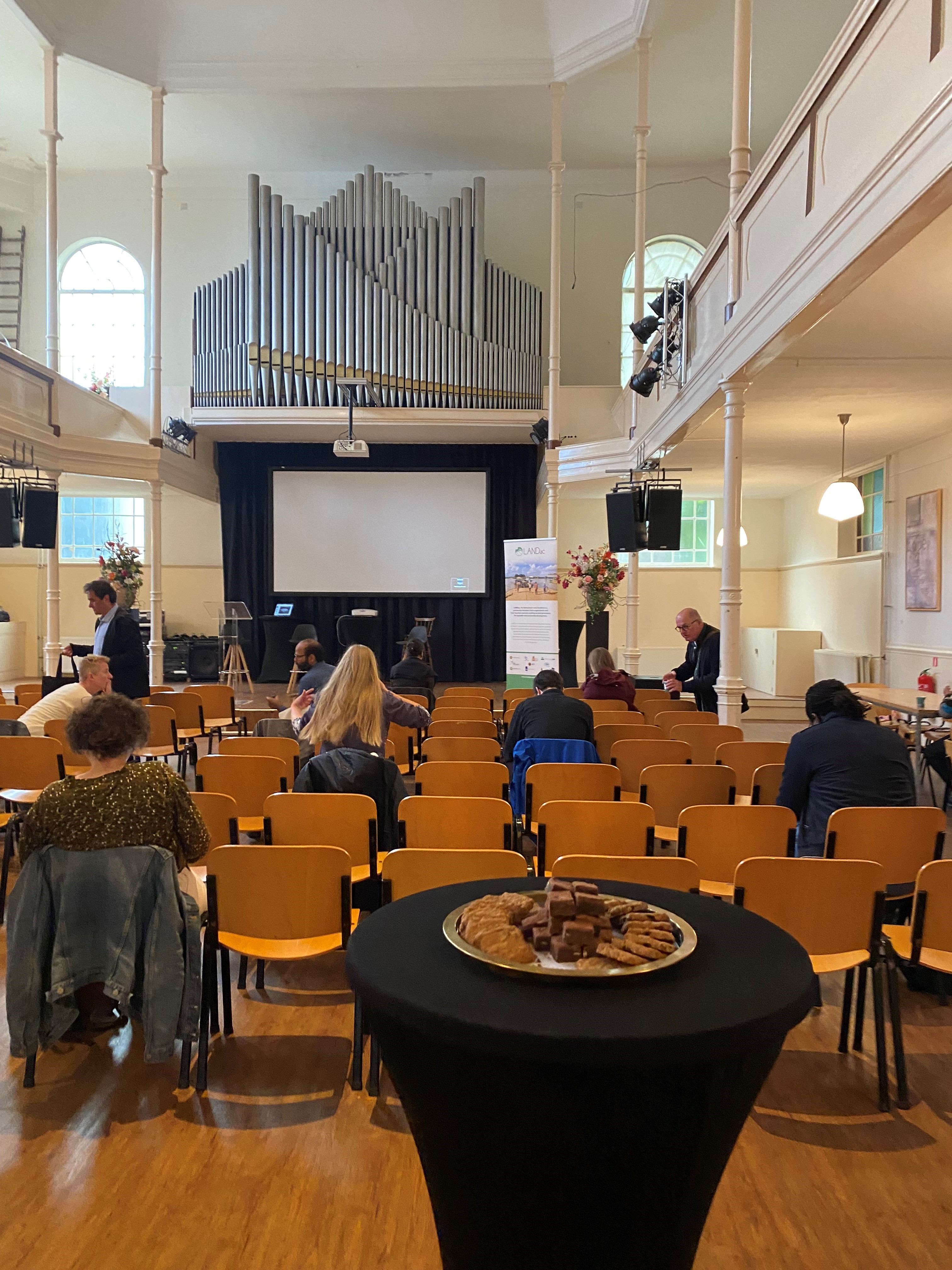
The last day was structured differently to seek interconnections between academia, art, and methodology for inspiration. The summit commenced with a poem by Lisette Ma Neza, followed by a keynote speech from Agata Nguyen Chuong of Forensic Architecture. The presentation, titled "Making a New Case - German Colonial Genocide in Namibia: Hornkranz and Shark Island," drew connections between the genocide, a “forgotten” concentration camp and current land use issues. The usage of different methodologies in the art was highlighted while setting a reflective tone for the final day's discussions.
Breakout Sessions: Carbon Colonialism Stream
After that, breakout sessions focused on summarising and ideating the discussions from the previous days. FSD’s team joined the ideation session on carbon colonialism, which led to an interesting debate on carbon markets' many issues and potential benefits. Moreover, the participants of the sessions decided to use ChatGTP to create a visual representation of their discussions. FSD researcher Niklas Mensing presented the summary of the conference breakout session, highlighting the intricacies of the Voluntary Carbon Market and the possibility of it becoming a tool for exploitation. Here is a short video of the session’s summary.
Conclusion
For FSD, the LANDAc conference provided a platform for learning about the intersection of land rights, carbon markets, and social justice. Furthermore, engaging in discussions with the other conference participants provided new impulses for further research and collaboration. The Fair & Smart Data Spearhead's contributions highlighted the importance of inclusive farmer-centric practices and community empowerment in the fight against carbon colonialism.
If you want to obtain more information and insights on the session of FSD, feel free to watch the presentations of Swapan Mehra and Shatadru Chattopadhayay below:
This video includes the presentations of Swapan Mehra and Shatadru Chattopadhayay, which were recorded as part of the session.
Also read
-
On 12 June 2024, Dr Domenico Carolei, Lecturer in Public International Law and Public Law at the University of Stirling, gave a talk entitled 'Charting NGO Accountability: Identifying alternative accountability routes'.
-
Alumni success story: Y Chi's academic journey began with a Bachelor’s degree at SBE, she graduated in 2018. In this article she will tell you all the ins and outs about her career, read for more!
-
The Dutch Research Council (NWO) awarded a grant for the new research project CHILD-WAR by Dr. Marieke Hopman and Dr. Guleid Jama.

